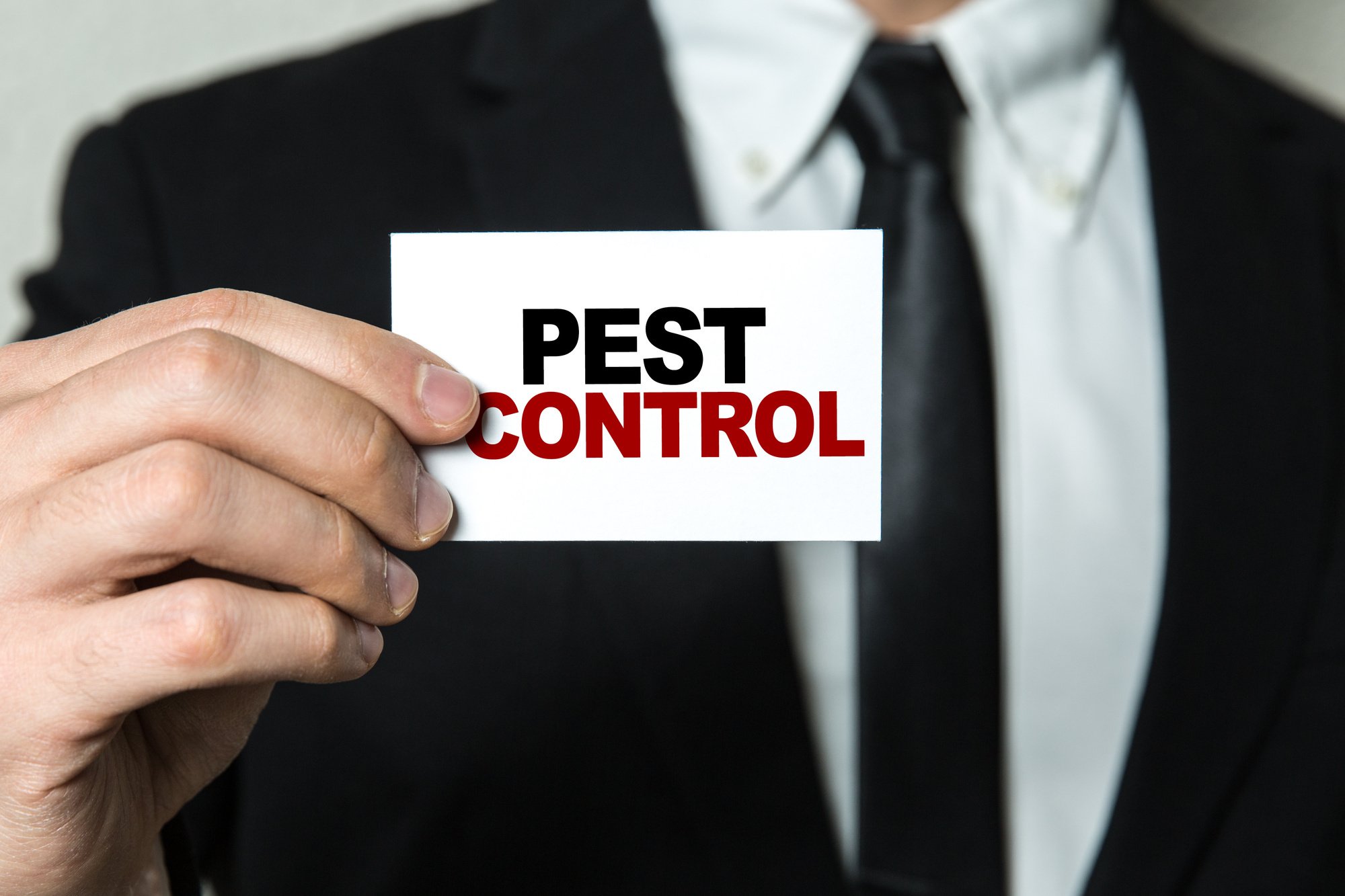Getting Started With Pest ManagementWhat exactly is PEST Control?

Pest Control, also called pest control, is a method through which one manages or eliminates unwanted domestic animals such as rodents, birds, or insects. Some of these animals get rid of themselves through natural elimination; others get rid of people. By pest control, some of the more common vermin removed are termites, mice, cockroaches, bedbugs, and a few others. See page for more helpful info on pest control.
Many companies have been engaged in developing DIY methods for pest control. These DIY methods include sprays, dusts, traps, and insecticides. But as all good plans, DIY methods do have an element of danger. In fact, many exterminators have had serious accidents that resulted in death. For example, exterminators inadvertently sprayed pesticides into an area where children were playing, which resulted in the accidental poisoning of several children and adults nearby.
Some DIY methods involve using very small doses of pesticides chemicals, which may not kill pests immediately. For example, if you were trying to kill termites with a teaspoonful of powder, you would need to actually use a ton of powder to cover the entire area. However, these pesticides chemicals come with dangerous health risks. Insecticides chemicals, when breathed in, have been linked to breathing problems, headaches, stomachaches, diarrhea, dizziness, vomiting, respiratory problems, and even death. While some pesticides chemicals are clearly labeled for use only on food, many other insecticides are not.
So how do you prevent your family from becoming prey to pests? One way is to keep your yard clear of debris, which is sheltering a variety of animals that can eat pests. Another is to regularly check your yard for holes or other access points for your pets. Finally, most importantly, never assume that your pets are free from insects, as they leave excrement, which can be a great hiding place for pests.
When you're pest-controlling with chemical sprays and other tools, you should always edit the instructions or directions before you spray. Many pesticides work by damaging the nerve cells within the plant, thus killing the plant. You don't want to kill the plant because you forgot to edit the instructions! If you spray too much, or spray in the wrong area, you could end up killing more than just the pests. Make sure you know the correct amount to apply, and work carefully to ensure no one is getting hurt while you're editing the instructions. Visit https://resultpestcontrol.com/pest-control-services/ for professional pest control services.
Now that you have some basic information on pest control, it's time to learn about some of your options for pest control. You can get rid of pests using natural techniques, like hanging bird feeders to attract birds and squirrels, as well as building an outdoor maze. You can also call a professional pest management company and have them do the work. They will do the baiting and use of chemicals. Personally, I prefer to do it myself, but either way, there are several ways to keep unwanted creatures away from your yard. It's up to you!If you probably want to get more enlightened on this topic, then click on this related post: https://en.wikipedia.org/wiki/Biological_pest_control .
